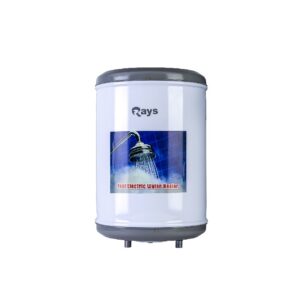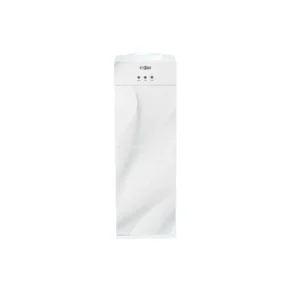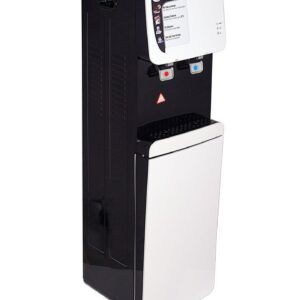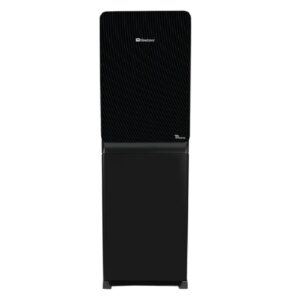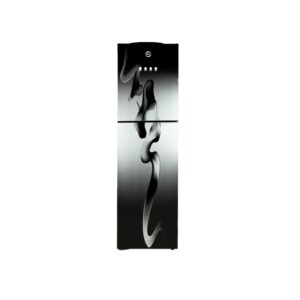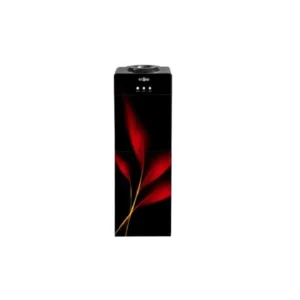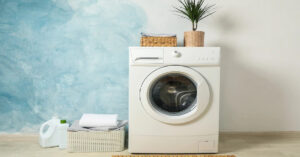Nowadays, washing machines are a necessary appliance in the majority of homes. Manufacturers have developed a variety of models and features in response to the rising demand for these machines, making it challenging for customers to select the ideal washing machine for their unique requirements. Consequently, it’s essential to have a guide that will enable you to choose a washing machine after doing your research. Here is a thorough buying guide for washing machines that will help you decide which model is best for your house. The following are the factors you should think about before making a purchase.
Types of Washing Machines

Top-loading and front-loading are the two primary varieties of washing machines. Clothes are loaded into top-loading machines through a cover on the top. However, clothes are loaded from the front of front-loading machines, which include a door. Every type has benefits and drawbacks.
Since you don’t have to bend over to load clothing into top-loading machines, they are more affordable and practical to use. Moreover, they use less water and have shorter wash cycles. Unfortunately, they are less water and energy efficient than front-loading machines.
Front-loading laundry appliances use less water, consume less electricity, and perform cleaner. Also, they can manage bigger loads of clothes and have more capacity. They require more maintenance and are more expensive than top-loading machines.
Capacity
The amount of laundry a washing machine can handle is referred to as capacity. It’s crucial to get a washing machine that can handle all of your family’s laundry needs. A machine with a bigger capacity is recommended if your family is large, while a machine with a lower capacity is adequate if your family is small.
The capacity of a washing machine is expressed in kilos (kg). A 5 kg machine can accommodate a single person, whereas a 7 kg machine can accommodate a small family. For larger families, a 9kg or 10kg machine is recommended.
Spin Speed
The term “spin speed” describes the rate of rotation of the washing machine’s drum during the spin cycle. It is measured in minutes of revolutions (RPM). More water is removed from the clothing with a greater spin speed, which shortens the drying process. High spin speeds are not recommended for delicate fabrics since they can damage clothing more quickly.
While a spin speed of 1200 RPM is acceptable for cotton materials, a spin speed of 800 RPM is better ideal for delicate fabrics. It is best to use a washing machine with a variable spin speed so you may change it according to the type of fabric you are washing.
Energy Efficiency
When purchasing a washing machine, energy efficiency is a key factor to take into account. You can lower your carbon footprint and save money on energy costs by investing in an energy-efficient washing machine. With A+++ being the most efficient and D being the least efficient, energy efficiency is measured using a rating system.
A washing machine with an energy efficiency rating of A++ or higher is advised. These machines are more environmentally friendly because they require less water and electricity.
Features
Several functions are available on washing machines to make doing laundry more convenient and comfortable. The following are some crucial qualities to consider:
Delay Start: You can postpone the beginning of the washing cycle by using this feature. It’s practical if you want the cycle to begin at a particular time, such as when you’re at work.
Quick Wash: You can swiftly wash small loads of clothes using this option, which will save you time and energy.
Child Lock: If you have small kids who enjoy playing with buttons, this function is crucial. It stops unintentional changes to the machine’s settings.
Steam Wash: This function uses steam to clean and remove stains from clothing, leaving it fresh.
Smart Connectivity: You can use your smartphone or tablet to control some washing machines thanks to smart connectivity capabilities.
Price
For the majority of consumers, a washing machine’s price is a crucial factor. Washing machines are available in a variety of pricing points, from entry-level to luxury models. It’s important to pick a washing machine that fits your needs and your budget.
Economical washers often have top-loading models with simple features. Washing machines in the middle price range use less energy and offer more functionality. Front-loading washers with high-end amenities like steam washing and smart connectivity are classified as premium washing machines.
Brand and Warranty
It’s critical to pick a reliable brand with a strong warranty when purchasing a washing machine. A long-standing company that has a solid reputation for manufacturing high-quality washing machines is considered to be a reputable brand. A good warranty should have a minimum two-year duration and cover both parts and labor.
Conclusion
Purchasing a washing machine can be difficult, but after reading this guide, you have the information you need to make an informed choice. When making your purchase, keep in mind to take into account the type of washing machine, capacity, spin speed, energy efficiency, features, price, brand, and warranty. You may have clean clothes without spending a fortune if you choose the appropriate washing machine for your home.



